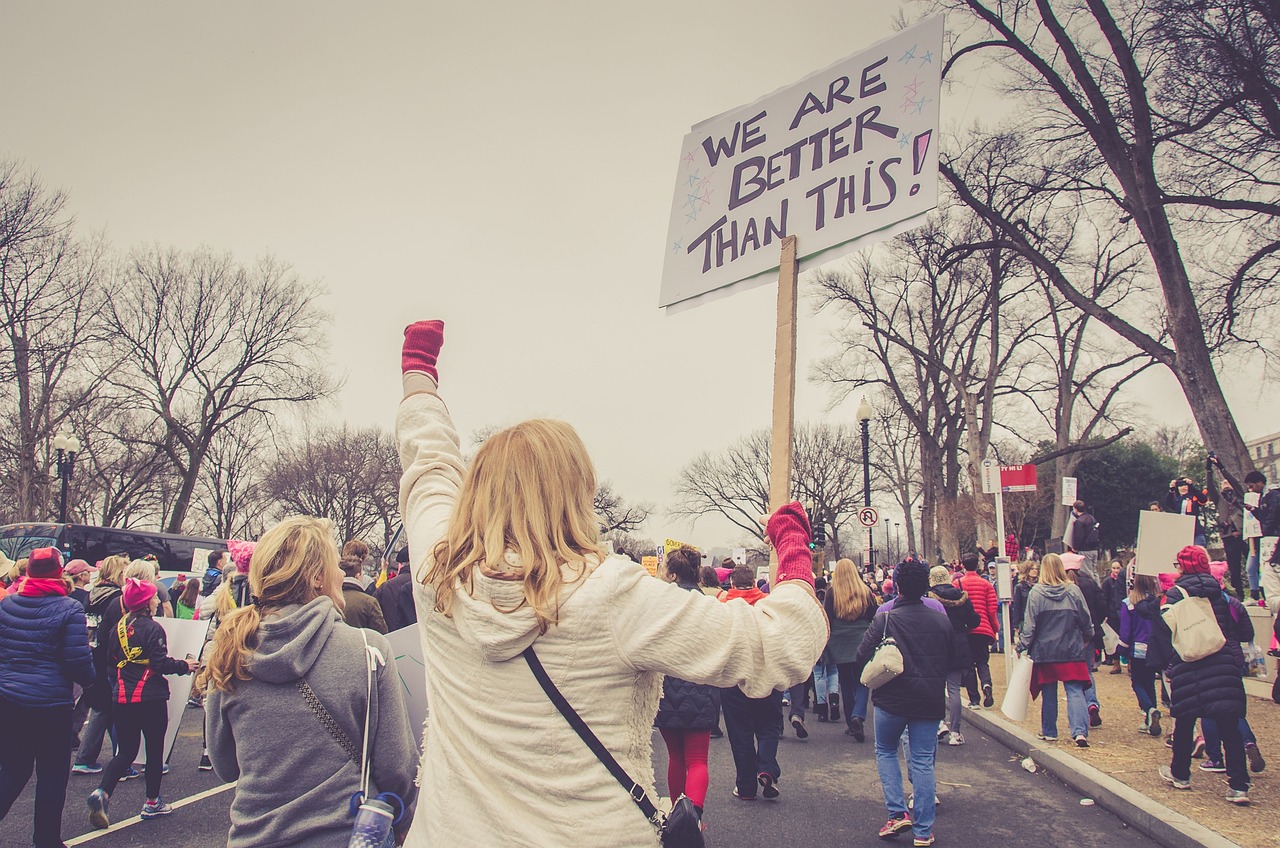Tensions Rise as Small Island Nations Walk Out of UN Climate Talks
In a dramatic turn of events during the COP29 climate negotiations in Baku, Azerbaijan, representatives from the Alliance of Small Island States (AOSIS) staged a walkout, signaling their escalating frustration with the ongoing discussions. This unprecedented action underscores the urgency and gravity of the climate crisis faced by these vulnerable nations. AOSIS negotiator Michai Robertson highlighted that their demands for increased financial assistance to combat climate change were met with ridicule from other countries, pushing them to the brink of leaving the summit altogether.
A Call for Action Amidst Frustration
The walkout occurred after negotiations had extended 19 hours beyond their scheduled time, creating a tense atmosphere. Robertson explained that the decision was not premeditated but rather a spontaneous response to the mounting frustrations expressed by his colleagues. AOSIS, which represents 43 nations including Samoa and Barbados, has consistently advocated for more substantial financial support to address issues such as coastal erosion and severe weather events.
The frustration among AOSIS representatives peaked when discussions about funding did not align with their urgent needs. “We’re not going to be walked over, as we have been many times in the past,” Robertson asserted.
Amid ongoing discussions regarding a new financial deal for developing nations, Robertson expressed concern that political dynamics—particularly influenced by the recent U.S. elections—had weakened negotiations at COP29. He emphasized that future talks must prioritize substantive action over geopolitical rivalries.
The Path Forward
After their unexpected exit, AOSIS returned to the negotiation table in “Meeting Room 11,” where they found themselves under pressure from various parties to re-engage. Ultimately, a deal was reached in the early hours of Sunday morning that set a target for developed nations to contribute $300 billion annually to developing countries until 2035. However, this figure falls short of the $500 billion initially sought by AOSIS.
Robertson remarked on the necessity of future negotiations stating that while this deal represents progress, it remains insufficient given the scale of damage caused by climate change—citing Hurricane Maria’s catastrophic impact on Dominica as an example.
As discussions are set to continue at COP30 in Brazil next year, there is hope among AOSIS members that their voices will resonate louder in future negotiations. They aim to elevate their calls for financing and assert their influence as critical stakeholders in global climate policy.
The ongoing challenges faced by small island nations serve as a stark reminder of the broader implications of climate change and highlight the need for immediate and effective international cooperation in addressing this global crisis.


